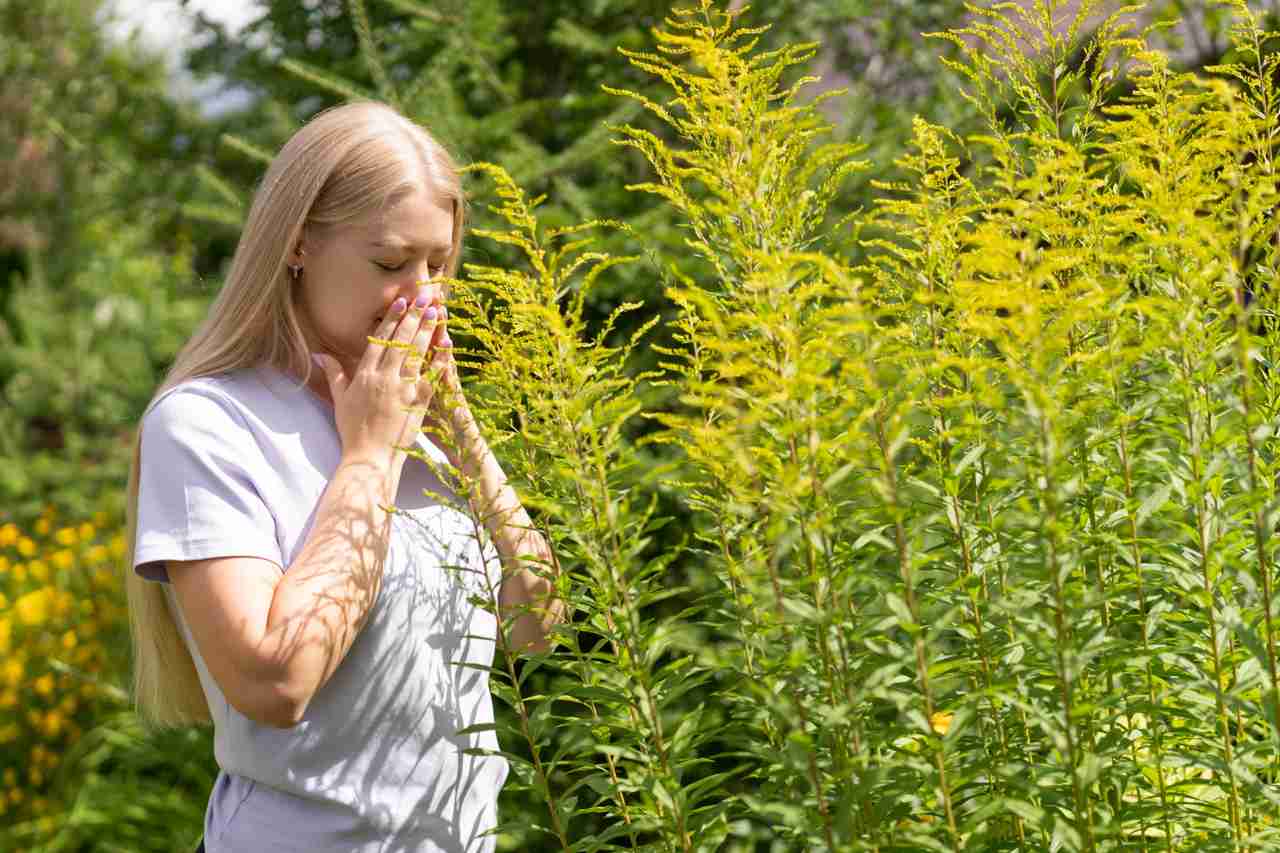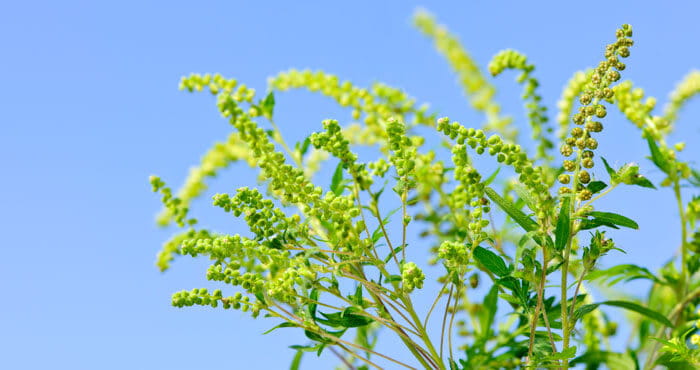Ragweed Allergy Survival Guide for Kentucky & Indiana

People often look forward to the cooler temperatures as summer comes to a close and fall approaches. However, for many in Kentucky and Indiana, this time of year also signals the start of sneezes, sniffles and itchy eyes.
What drives their discomfort? Ragweed. This notorious plant is the primary trigger for fall allergies, but with a little planning, you can navigate the season more comfortably.
This article is your ragweed allergy survival guide.
What Is Ragweed?
Ragweed is a common weed that grows throughout the U.S. A single plant can produce a billion pollen grains, which are lightweight and travel easily on the wind for hundreds of miles. This extensive reach is why so many people experience allergy symptoms, even if the plant isn't growing in their immediate vicinity.
Many people mistake goldenrod for ragweed because they bloom at the same time of year. Goldenrod has bright yellow flowers, and its pollen is heavy and sticky, so it’s spread by insects, not the wind. Ragweed, on the other hand, has small green flowers.
Ragweed Season in Kentucky and Indiana
Ragweed season typically begins in mid-August and can last until the first frost, often stretching into October. The pollen counts are highest in the morning, making the start of your day particularly challenging if you have an allergy.
Dry, windy days can also worsen symptoms as more pollen is carried through the air. You can stay ahead of severe allergy days by checking local pollen forecasts.
Common Ragweed Allergy Symptoms
Ragweed pollen is a common trigger for hay fever, also known as allergic rhinitis. If you’re allergic, your immune system mistakenly treats the harmless pollen as a threat and releases chemicals like histamine, which cause inflammation.
Symptoms can include:
For those with asthma, ragweed pollen can also trigger asthma attacks. It’s essential to address your symptoms before they worsen.
Tips for Managing Ragweed Allergy Symptoms
Several strategies can help you reduce your ragweed allergy symptoms, allowing you to enjoy the autumn weather more. When you’re outside, over-the-counter options can be very effective at minimizing symptoms.
Antihistamines help relieve symptoms such as sneezing, itching and a runny nose. Decongestants can reduce stuffiness. If these don’t provide enough relief, your doctor might recommend prescription medications, such as a nasal steroid spray, which can reduce inflammation in your nasal passages.
For long-term relief, immunotherapy (allergy shots) is another option. This treatment involves getting regular injections of a small amount of the allergen. Over time, your body develops a tolerance, and your allergic reactions become less severe.
In your home, you can reduce your exposure to ragweed pollen by doing the following:
- Keep windows closed.
- Use high-efficiency filters.
- Run the air conditioner.
- Wash bedding frequently.
Changing your clothes and showering after spending time outdoors can also help remove pollen from your hair and skin, preventing it from lingering in your home.
When To Seek Help for Ragweed Allergies
If over-the-counter medications are not controlling your symptoms, or if your allergies are leading to chronic sinus infections, difficulty breathing or other complications, it’s time to see a doctor. An allergist can perform tests to confirm your specific triggers and create a personalized treatment plan.
Don’t let ragweed allergies keep you from enjoying all that a Kentucky and Indiana fall has to offer. With the right strategies, you can manage your symptoms and feel your best.
Call us at 1.877.829.0619 to speak with the Baptist Health Allergy & Asthma team, or use our online provider directory to find a provider near you.
Next Steps and Helpful Resources
Learn More About Allergy & Asthma Care at Baptist Health
5 Tips to Survive a Terrible Allergy Season
Spring, Allergies & Asthma
When to See an Allergy Specialist
6 Tips for Treating & Surviving Ragweed Allergy Season



